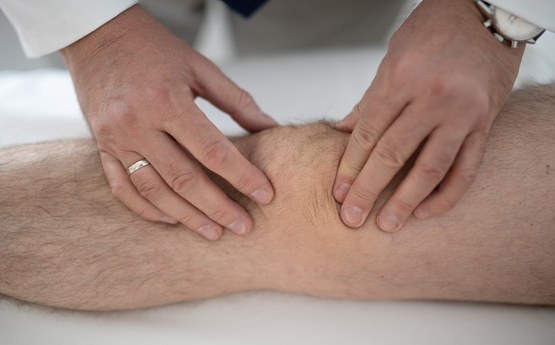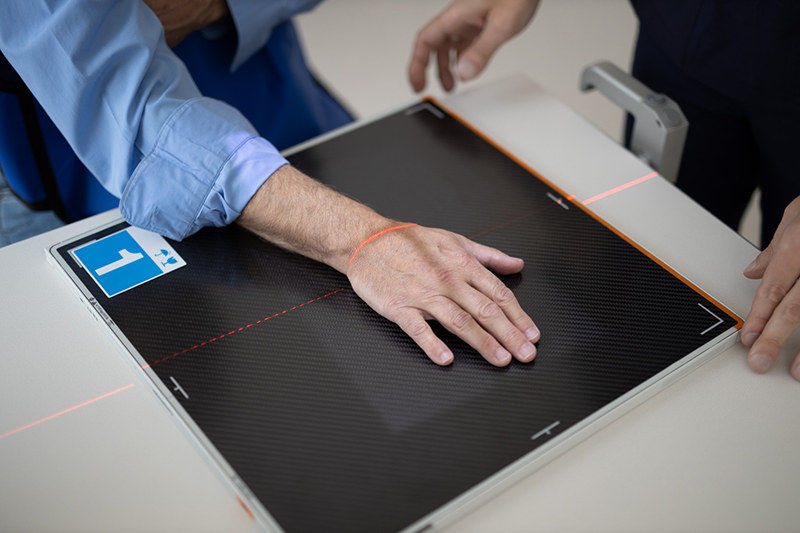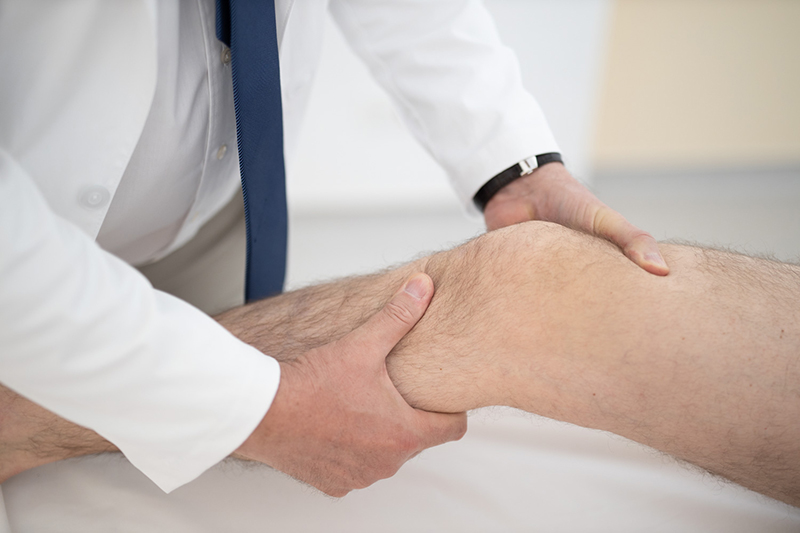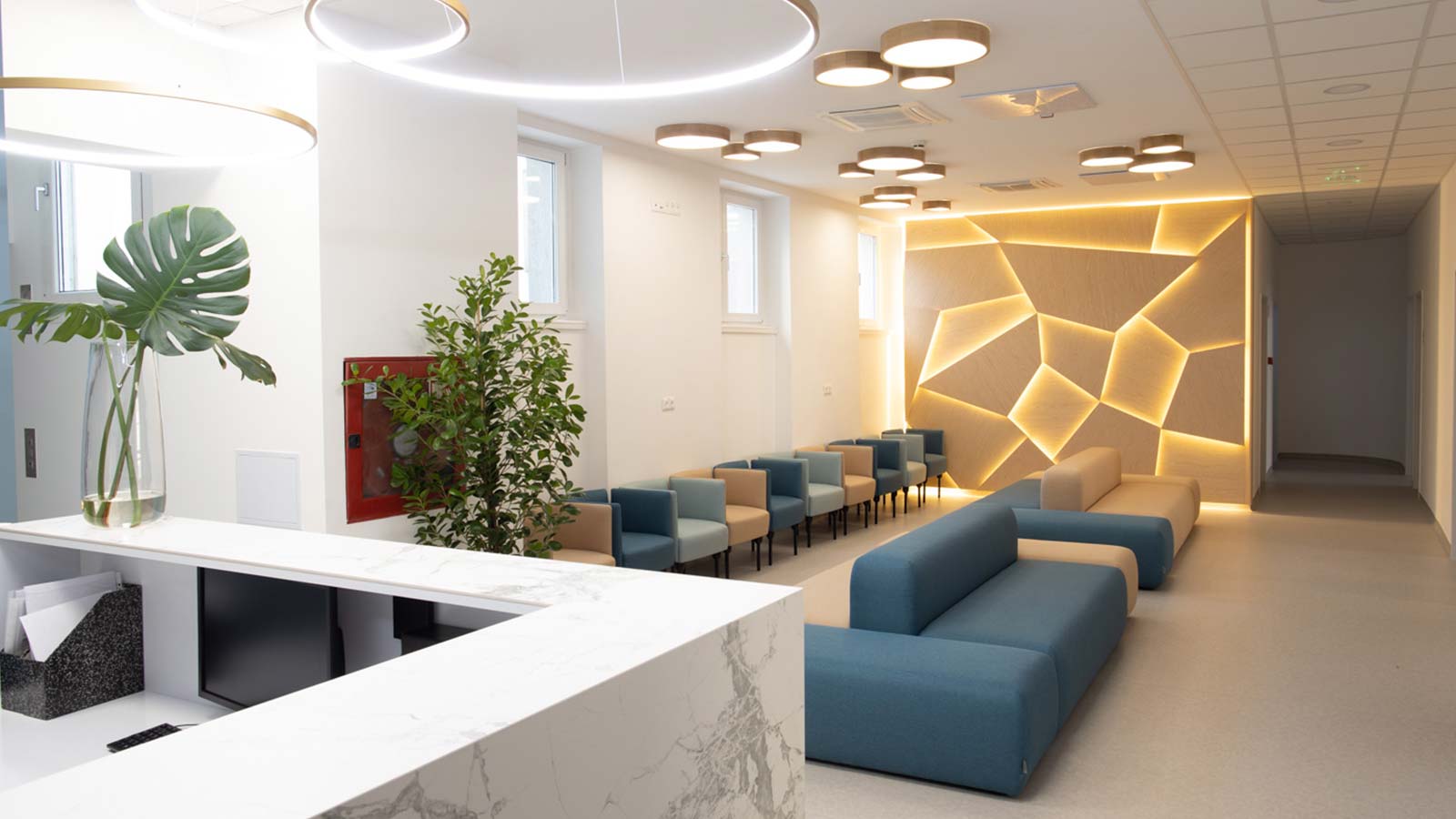

What does
Orthopedics do?
The musculoskeletal system is one of the most frequently affected units of the human body. Orthopedics deals with conditions such as poor posture, scoliosis, neck and back pain, and joint degeneration. Today, most complaints are caused by poor posture, hunching over desks, or unhealthy strain on back muscles, spinal joints, hips, and knees due to obesity. Orthopedics most commonly helps with medication treatment and works closely with physiotherapists. It’s important to know that this organ system (especially the joints) has weaker regenerative abilities, so complete healing of orthopedic conditions often requires a lot of active work (physiotherapy) and long-term medication. Due to the long development and healing time of these conditions, prevention is especially important. Orthopedics plays a role not only in prevention but also in rehabilitation after surgery or injury.

When should you visit orthopedics?


How does an orthopedic examination work?
During the orthopedic examination, our specialist will ask you in detail about your complaints, previous known conditions, and surgeries. Then they will carefully move your joints to assess the extent of any pain and range of motion. They will examine your gait and posture. Of course, our specialist does not aim to cause pain, however, the severity of pain, the nature of the triggering movement, or the position of the joint when it causes complaints are all important information, so the examination may cause mild discomfort. After the examination, our specialist will recommend medication or physiotherapy treatment.
Our prices in orthopedics
Our Doctors in Orthopedics


